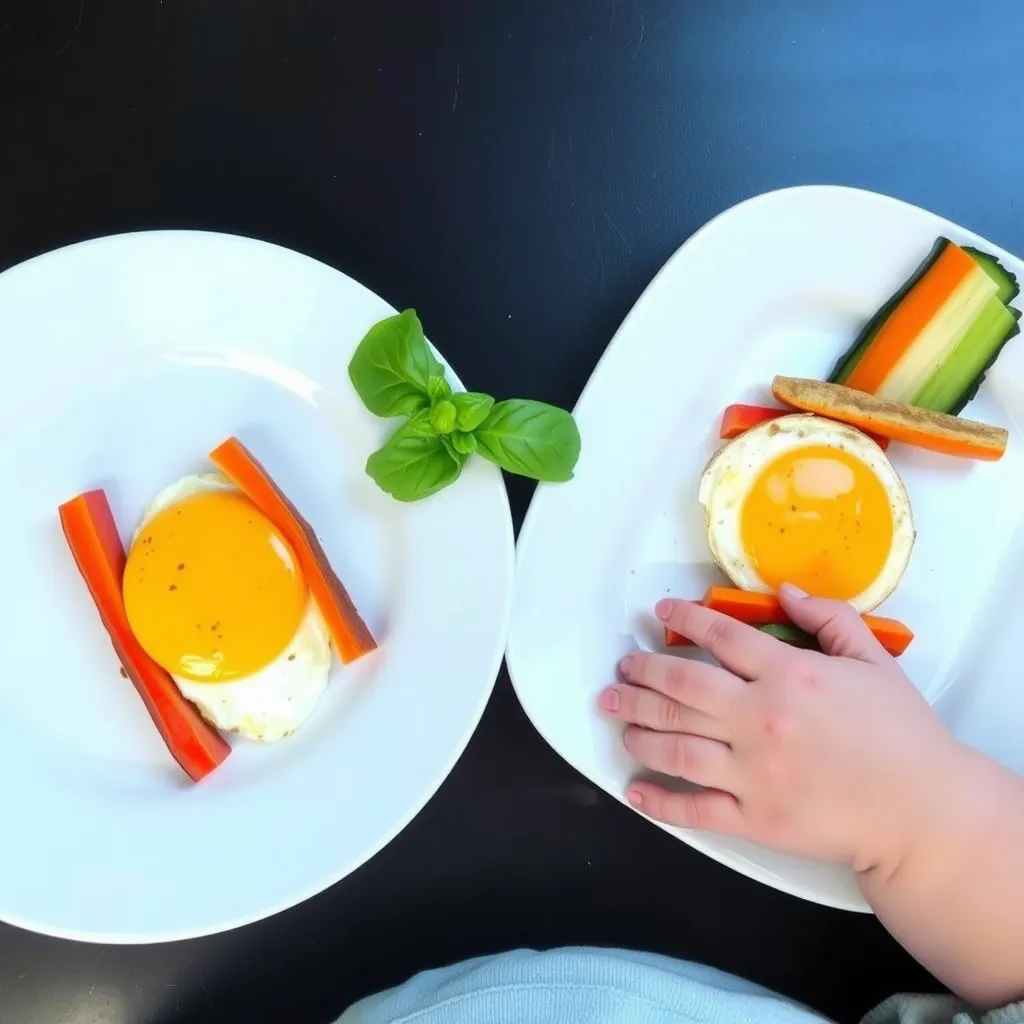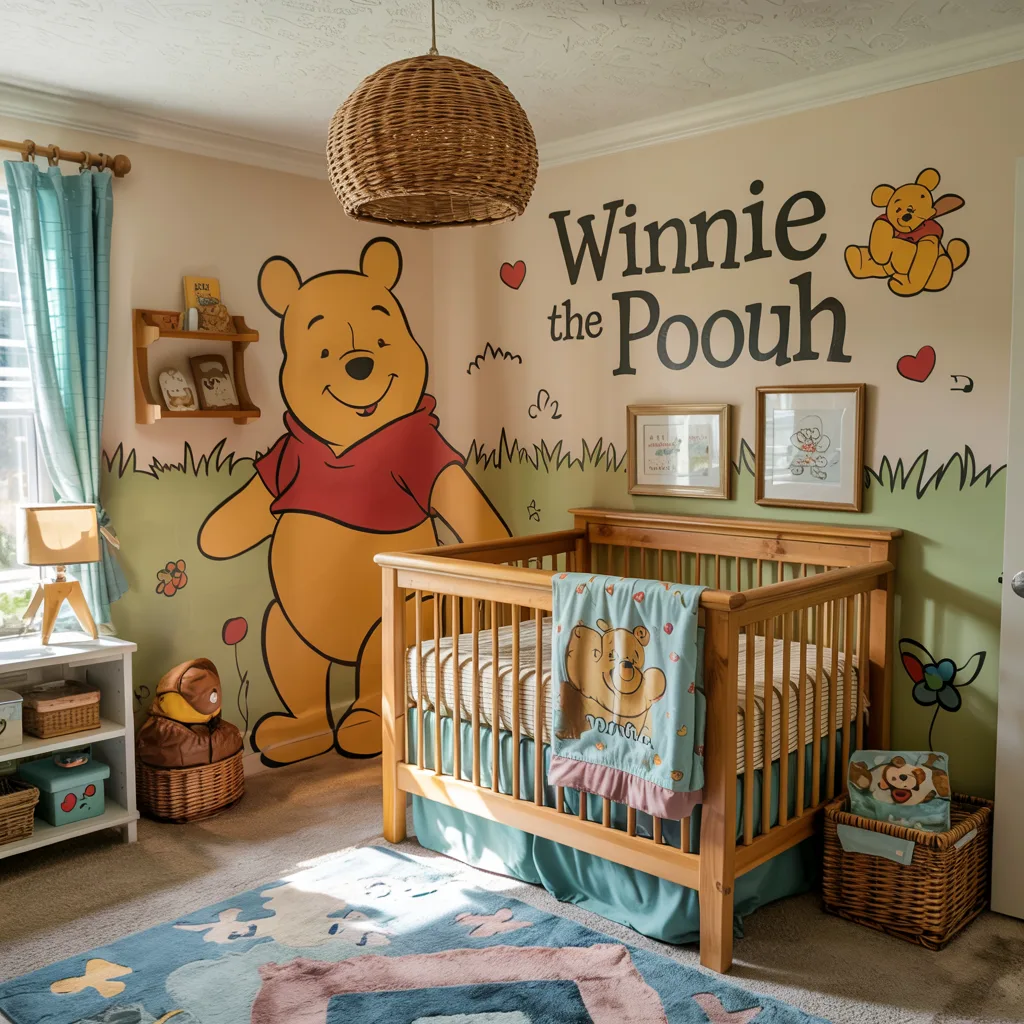Welcome to the world of homemade Baby Food Recipes! Making your own baby food is fun, saves money, and lets you know exactly what your little one is eating. In this guide, we’ll explore lots of easy and yummy baby food recipes that are perfect for growing babies. Let’s get cooking!
Table of Contents
Quick Recipe Guide: Baby Food Recipes by Age
| Age | Texture | Recipe Ideas |
|---|---|---|
| 4-6 months | Smooth purees | Apple Puree, Sweet Potato Mash, Banana Cream |
| 6-8 months | Thicker purees | Pea & Pear Blend, Carrot Applesauce, Avocado Yogurt |
| 8-10 months | Mashed and soft chunks | Chicken & Sweet Potato, Banana Oatmeal, Lentil Stew |
| 10-12 months | Finger foods | Mini Quesadillas, Turkey Meatballs, Fruity Pancakes |
Why Make Your Own Baby Food Recipes?
Before we dive into the recipes, here’s why homemade baby food is awesome:
- You control the ingredients – no additives or preservatives
- It’s cheaper than store-bought baby food recipes
- You can make flavors your baby loves
- It’s fresh and doesn’t sit on a shelf for months
- You can adjust the texture as your baby grows
- It’s a great way to introduce your baby to family foods
Now, let’s explore some tasty baby food recipes by age!
4-6 Months: First Foods
When babies first start eating solid foods, they need smooth, simple purees. Here are some easy ideas:

- Apple Puree:
- Peel, core, and chop 2 apples
- Steam until soft (about 5-7 minutes)
- Blend until smooth, adding water if needed
- Sweet Potato Mash:
- Peel and cube 1 sweet potato
- Steam or boil until soft (about 15 minutes)
- Mash well with a fork or blend for a smoother texture
- Banana Cream:
- Mash 1 ripe banana with a fork
- Add breast milk or formula to thin if needed
- Pear Puree:
- Peel, core, and chop 2 ripe pears
- Steam until soft (about 5 minutes)
- Blend until smooth
6-8 Months: Thicker Textures and New Flavors
As babies get older, they can handle thicker foods and new tastes. Try these:

- Pea and Pear Blend:
- Steam 1 cup frozen peas and 1 ripe pear
- Blend together until smooth
- Add water or breast milk to thin if needed
- Carrot Applesauce:
- Steam 2 carrots and 1 apple until soft
- Blend together, leaving some small lumps for texture
- Avocado Yogurt:
- Mash 1/2 ripe avocado
- Mix with 1/4 cup plain, full-fat yogurt
- Butternut Squash and Apple Mash:
- Steam 1 cup cubed butternut squash and 1 apple
- Blend or mash together, leaving some texture
- Banana Berry Swirl:
- Blend 1 banana with 1/4 cup strawberries
- Swirl in 2 tablespoons plain yogurt
“The secret ingredient is always love.” – Unknown
8-10 Months: More Textures and Proteins
Now your baby is ready for more exciting tastes and textures!
- Chicken and Sweet Potato Bowl:

- Cook and finely chop 1/4 cup chicken breast
- Mix with 1/4 cup mashed sweet potato
- Add a splash of low-sodium chicken broth
Banana Oatmeal:
- Cook 1/4 cup oatmeal according to package instructions
- Mix in 1/2 mashed banana
- Add a sprinkle of cinnamon (optional)
Lentil and Veggie Stew:

- Cook 1/4 cup red lentils with 1/2 cup mixed veggies (carrots, peas, potato)
- Mash or blend to desired consistency
- Salmon and Broccoli Mash:

- Steam 1/4 cup broccoli florets until very soft
- Mix with 2 tablespoons cooked, flaked salmon
- Mash together, adding breast milk or formula to moiste
Apple Cinnamon Quinoa:

- Cook 1/4 cup quinoa according to package instructions
- Mix in 1/4 cup applesauce and a pinch of cinnamon
10-12 Months: Mini Meals and Finger Foods
Your baby is almost ready for table foods! Try these fun ideas:
- Veggie and Cheese Quesadilla:

- Finely chop 1/4 cup cooked veggies (like spinach and bell peppers)
- Sprinkle on a small tortilla with 2 tablespoons shredded cheese
- Fold and cook until cheese melts
- Cut into small pieces
- Mini Turkey Meatballs:

- Mix 1/4 pound ground turkey with 2 tablespoons breadcrumbs and 1 grated apple
- Form into small balls and bake at 375°F (190°C) for 15 minutes
- Fruity Pancakes:

- Mix 1/2 cup whole wheat flour, 1 egg, and 1/4 cup milk
- Add 1/4 cup mashed banana or berries
- Cook small pancakes and cut into bite-sized pieces
- Egg and Veggie Fingers:

- Beat 1 egg with 2 tablespoons finely chopped cooked veggies
- Cook in small strips like an omelet
- Cut into finger-sized pieces
- Soft Fruit Kebabs:

- Cut soft fruits like banana, peach, and ripe pear into small cubes
- Thread onto a soft straw for easy handling
Tips for Making Baby Food
- Always wash your hands and use clean tools
- Cook foods until they’re soft enough to mash with a fork
- Let foods cool completely before blending or serving
- Store homemade baby food Recipes in the fridge for 1-2 days or freeze for up to 3 months
- Use ice cube trays to freeze small portions
- Introduce new foods one at a time and wait a few days before trying another new food
- Don’t add salt, sugar, or honey to baby food
Foods to Avoid
Some foods aren’t safe for babies. Don’t give your baby:
- Honey (before 1 year old)
- Cow’s milk as a drink (before 1 year)
- Unpasteurized foods
- Added salt or sugar
- Choking hazards like whole grapes, nuts, or popcorn
- Undercooked eggs or meat
17 Heartfelt Messages and Ideas What to Write in a Book for a Baby Shower
Homemade baby food and puree recipes – BabyCenter
How do I know if my baby is allergic to a food?
Introduce new foods one at a time and wait 3-5 days before trying another new food. Watch for signs of allergies like rash, vomiting, or diarrhea. If you see any of these, stop giving that food and talk to your doctor. Remember, every baby is different. Always talk to your pediatrician about your baby’s diet and any concerns you have. Making your own baby food recipes can be a fun and rewarding experience. You get to be creative in the kitchen and know that you’re giving your baby the best start with healthy, homemade meals. Happy cooking and feeding!
Frequently Asked Questions
When can I start giving my baby solid foods?
Most babies are ready for solids around 6 months old. Look for signs like good head control and interest in your food. Always check with your pediatrician before starting solids.
How much should I feed my baby?
Start with just a teaspoon or two and slowly increase as your baby shows interest. Let your baby guide you – they’ll turn away when full.
Can I season baby food?
Yes, but avoid salt and sugar. Try mild herbs like basil, oregano, or cinnamon to add flavor. This can help develop your baby’s palate.
What if my baby doesn’t like a food?
Don’t worry! It can take up to 15 tries for a baby to accept a new food. Keep offering a variety of healthy options. Mixing a new food with a familiar favorite can help.











